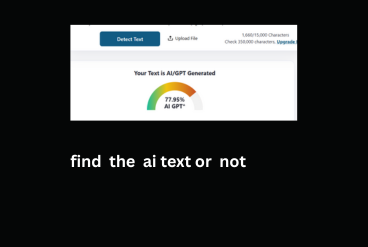The world of Artificial Intelligence is evolving faster than ever in 2025, with breakthroughs emerging across multiple industries. This week, OpenAI announced a strategic collaboration with Broadcom to design and deploy its own AI accelerators. The partnership aims to deliver 10 gigawatts of AI computing power by 2029, supporting OpenAI’s growing infrastructure needs. This move highlights the industry’s trend toward custom AI hardware solutions, following similar partnerships with AMD and Nvidia.

In the regulatory space, California has taken a pioneering step by enacting Senate Bill 243, which mandates that AI chatbots disclose their artificial nature to users. The law also requires annual reporting from chatbot operators to the Office of Suicide Prevention, detailing measures taken to identify and respond to users at risk of suicidal behavior. This legislation positions California as a leader in AI transparency and safety.
Meanwhile, AI startup Lila Sciences achieved a valuation of $1.3 billion after raising $115 million in an extension of its Series A funding round, including investment from Nvidia’s venture arm. The company’s “AI Science Factories” combine AI models with robotic laboratories to conduct continuous scientific experiments, aiming to revolutionize research and discovery across fields.
Google has expanded Opal, its no-code AI mini app builder, to 15 additional countries. Opal allows users to create AI-powered applications without writing code, making AI development more accessible to a wider audience. The updated platform offers faster builds, smoother debugging, and more templates, enabling the creation of small AI tools for various personal and business applications.
DeepMind introduced AlphaEvolve, a cutting-edge AI system capable of automating the discovery of mathematical theorems. This advancement marks a significant step forward in AI’s ability to contribute to theoretical science, potentially accelerating research in mathematics and related fields.
Finally, Malaysia launched Ryt Bank, its first AI-powered bank, integrating AI into core banking services to enhance efficiency and customer experience. This move reflects a global trend of AI adoption in the financial sector, emphasizing how intelligent systems are transforming traditional industries. These developments collectively highlight the rapid advancements in AI technology and its expanding influence across healthcare, finance, research, and governance.


